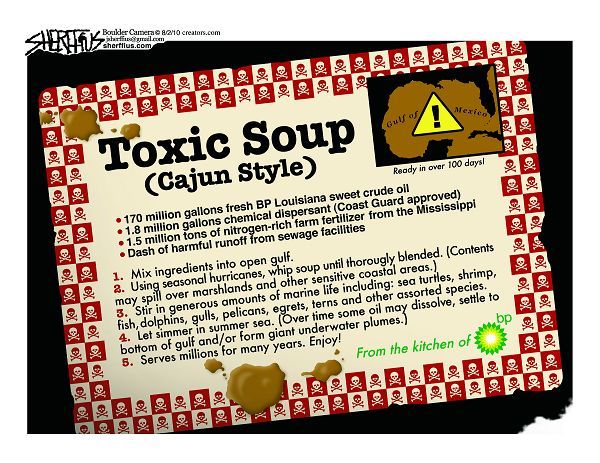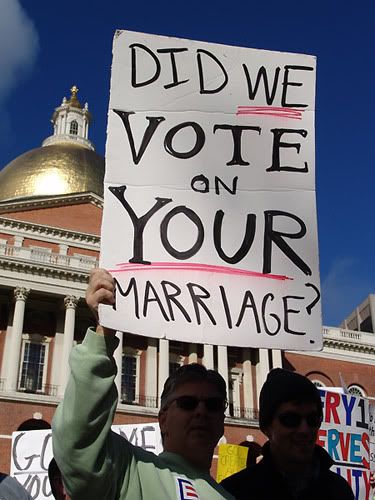This is the first part of an ungodly long piece I posted during the actual inauguration over at Fire on the Mountain. I have decided to trim it a little and post it in three parts, today, tomorrow and Friday, in the hopes that more folks will read it. I may even put it up at Daily Kos, though I can’t imagine that it will be well received there.
With Barack Hussein Obama making history and a wave of optimism engulfing the country, it is a good time to review what faces us ahead. I want to flag three features of the road we are heading down over the coming months.
* First, there is a green light for struggle to advance on many fronts.
* Second, the anti-war movement, by contrast, faces a huge roadblock to moving forward.
* Third, as far as the economy goes, the bridge is collapsing and we are on it.
A Green Light for Struggle
Since November 4, there has been a dramatic uptick in popular struggle in this country. The election of Barack Obama, and the massive mobilization of people from all parts of the US and all sectors of society that made it possible, have created a vastly different terrain of battle than that of the last 8 years. Last month, I heard “Si Se Puede” and even “Yes We Can” chants rising from within a crowd of hundreds of SDSers and other serious young militants mobilized to defend college students who were carrying out an occupation (overall successful) of the New School in NYC.
The emotional highlight of the last few months has been the victory won by another occupation. Union workers at the about-to-close Republic Windows & Doors plant in Chicago seized control of their factory and won nationwide sympathy, including a statement by President-elect Obama affirming the righteousness of their cause and ignoring the illegality of their tactics. When they won their demands, the UE members left the plant chanting, yep, “Si Se Puede” and “Yes We Can.”
Now a wave of protest against the police murder of a young Black man, erupting at times into outright rebellion, has shaken Oakland, CA. Police departments across the country are reviewing their “deadly force” policies and training–and updating their riot preparedness plans.
Any one of these can be dismissed by the cynical as an isolated particular. Let me instead suggest a look at the broadest protest movement which has broken out since the election–the battle which followed the passage of California’s anti-gay-marriage Proposition 8. This ballot initiative, a little gem of rancid bigotry, not only denied same-sex couples the right to wed, but even officially “un-married” tens of thousands of lesbian and gay Californians. It was hands-down the biggest bummer of Election Night, 2008.
But look at what has ensued!
First, there were a couple of weeks of near-spontaneous demonstrations, pulled together by email, instant message and Twitter. Often thousands strong, they reached all 50 states. Many protesters quickly–and correctly–identified and focused on the Church of Jesus Christ of Latter Day Saints (LDS) as the main target. Rallies took place in front of Mormon temples not only across California and in other modern-day Sodoms like NYC but even at LDS Central in Salt Lake City.
The effect has been profound. The demonstrations gave rise to an incredible cultural flowering in defense of gay marriage, from the movie-star-laden YouTube micro-musical “Prop 8: The Musical” (starring Jack Black as Jesus) to the tongue-in-cheek petition drive launched in Princeton, NJ for an initiative forbidding Princeton freshmen to walk on town and campus sidewalks.
Major media outlets and think tanks undertook investigations which showed that, just as protesters charged, LDS money and machinations were at the center of the Prop 8 campaign. Boycotts of tourism in Utah and of Mormon firms, as well as other businesses run by Prop 8 backers, are underway. Members have quit the church or spoken out publicly against its embrace of bias.
On the political front, Obama has felt the heat, especially after his inaugural invitation to Prop 8 supporter Rev. Rick Warren triggered a spasm of revulsion even among his loyalists. One response to the pressure has been his unexpected and unequivocal pledge to move rapidly to end the Armed Force’s homophobic “Don’t Ask, Don’t Tell” policy.
To grasp the new mood of struggle, try and imagine the scene if Proposition 8 had passed during the grim 2000 or 2004 elections. The anger would have been swamped in the overall angst and depression. The flowering of protest and culture would never have taken place. Most important, we would not have the current mood, the overwhelming optimism that the passage of Prop 8 is just a bump in the road which will soon be behind us.




